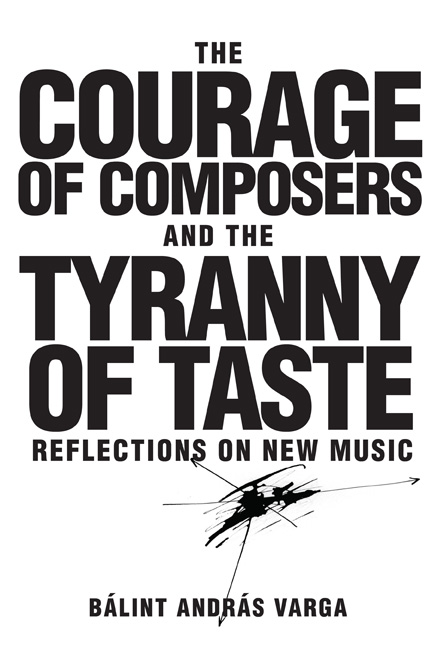5 - Friedrich Cerha (b. 1926)
Published online by Cambridge University Press: 22 May 2021
Summary
Vienna, March 13, 2015
Revised September 2015
I know Friedrich Cerha better than most of the composers in this book. I was responsible for the promotion of his music during my time with his publisher, Universal Edition, and that has meant knowing his wife, Traude Cerha, just as closely. They are a modern reincarnation of Philemon and Baucis, very much like György and Márta Kurtág.
Friedrich Cerha is one of those rare personalities whose very presence in a society establishes a standard the rest of us regard with awe and aspire to be worthy of. That is what teachers should ideally be like—and he was for many years a professor of composition at Vienna's music academy. Friedrich Cerha is a poeta doctus. I admire his music with all its various facets—perhaps most of all its lyricism with its touch of melancholy and pain—but also his (often self-deprecating) sense of humor in private intercourse as well as in his hilariously witty pieces based on Viennese popular music.
I have often experienced Cerha as a conductor—sparing in his gestures, steering the orchestras and ensembles rather than impressing them with spectacular flourishes—and sometimes also in preconcert talks where in his quiet voice he gave us fascinating insights into his music and his private world that feeds it. Your wife has very nearly discouraged me from confronting you with my question regarding the role of courage in the creative process: she says courage is so much part of your makeup that its presence or absence simply does not arise as a problem.
Indeed, I cannot make much of the notion of “courage.” It is rather like “happiness.” You may perhaps hear people say, “I am so happy,” but they are more likely to say, “That was a happy time.” And I think no one would declare, “I am courageous”; they would rather say, “It was quite courageous of me at the time.” Courage is a quality you simply have—or you do not have.
I have never felt “courageous.” Twice I deserted the German Wehrmacht. It could have cost me my life but I never considered it an act of courage; it was the most natural thing to do, once the chance had presented itself.
- Type
- Chapter
- Information
- The Courage of Composers and the Tyranny of TasteReflections on New Music, pp. 45 - 51Publisher: Boydell & BrewerPrint publication year: 2017

